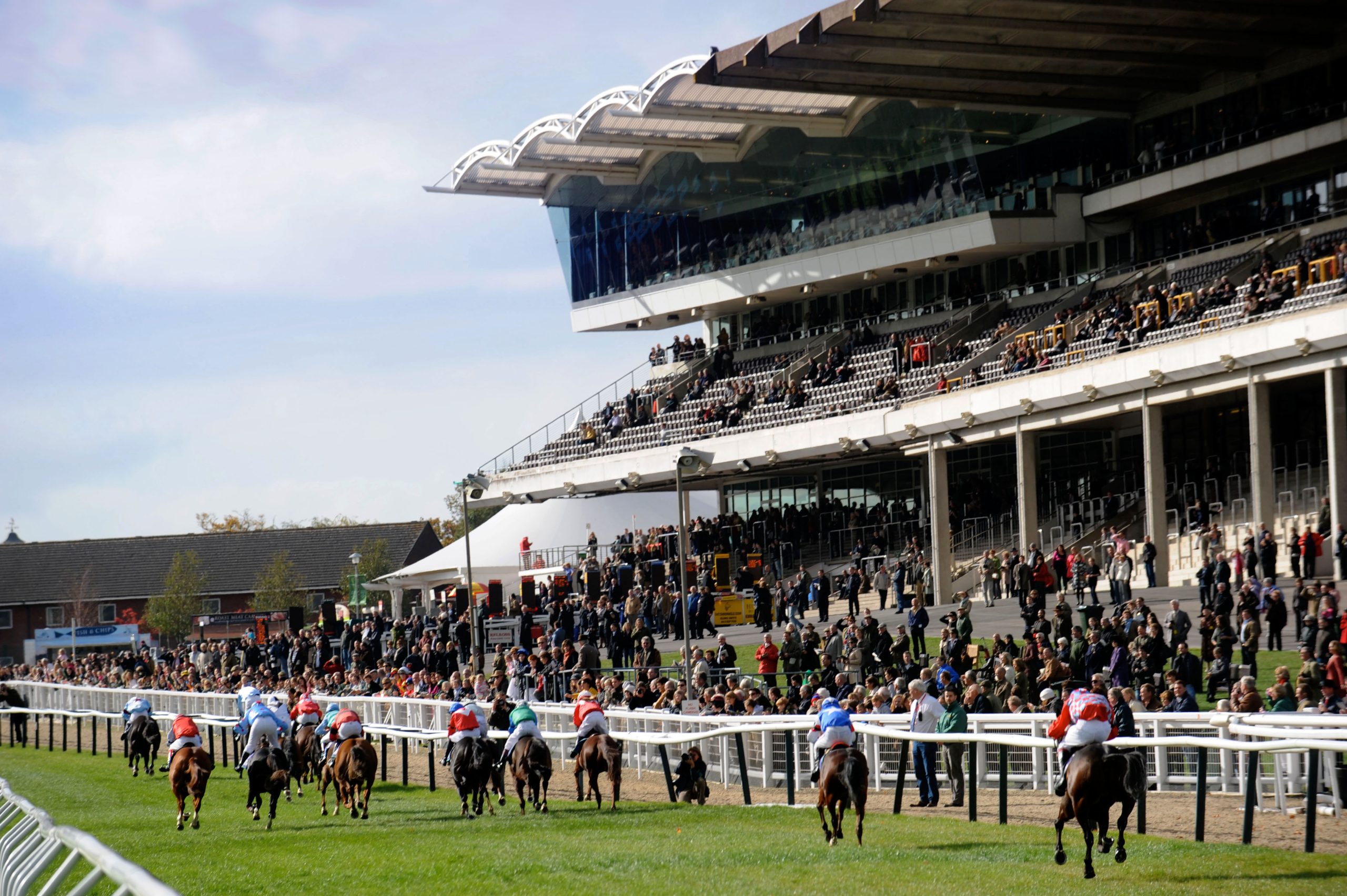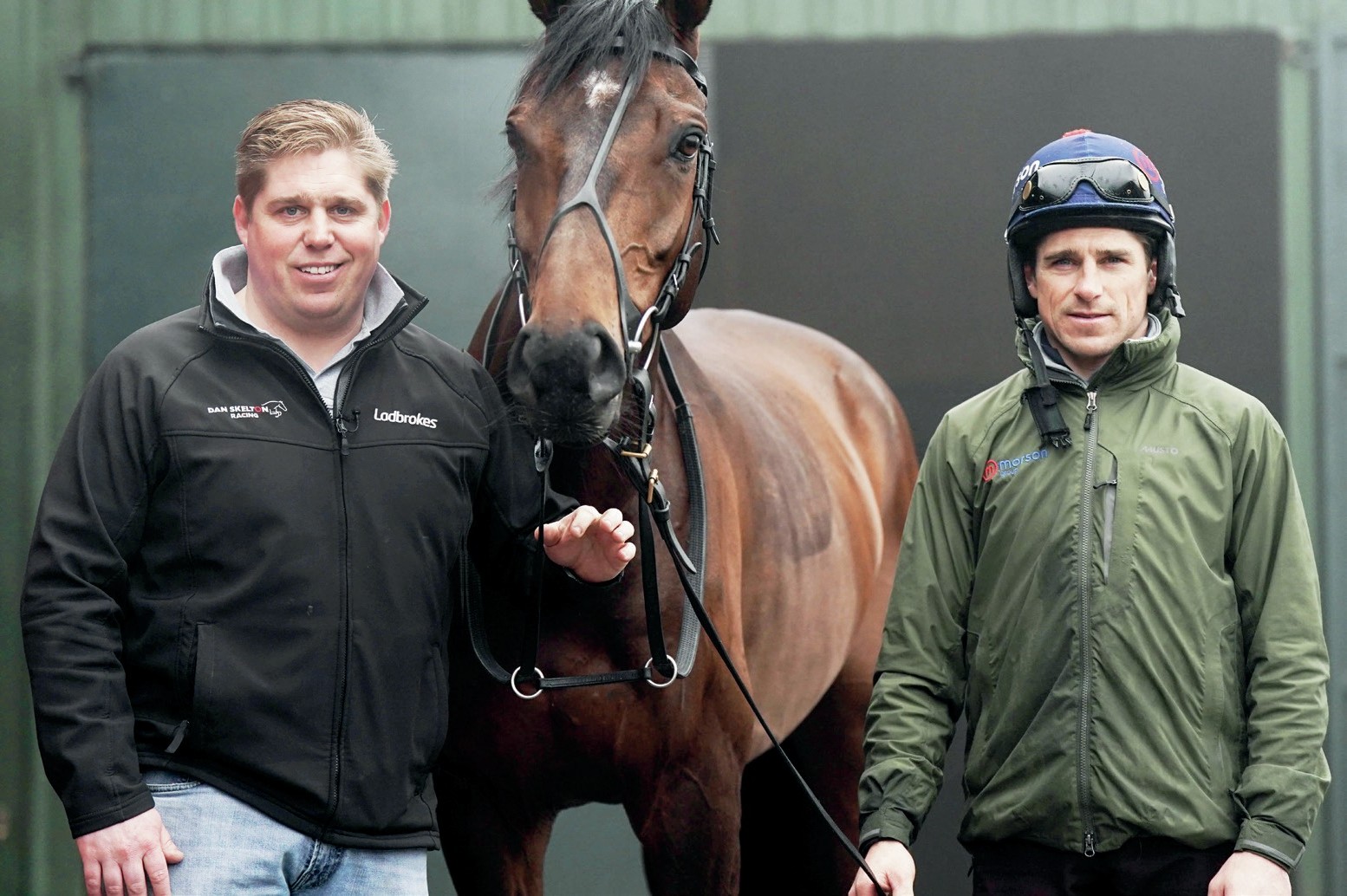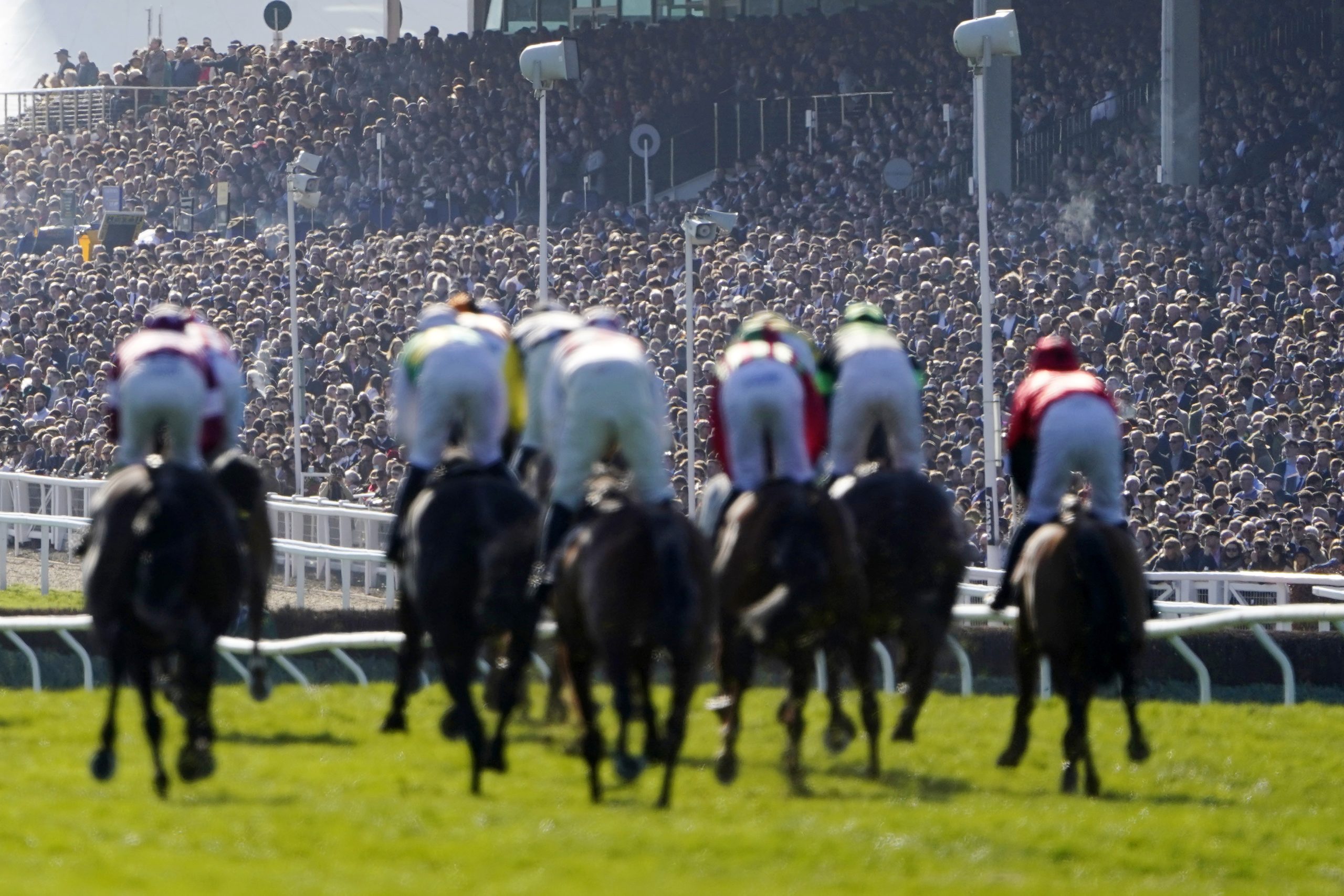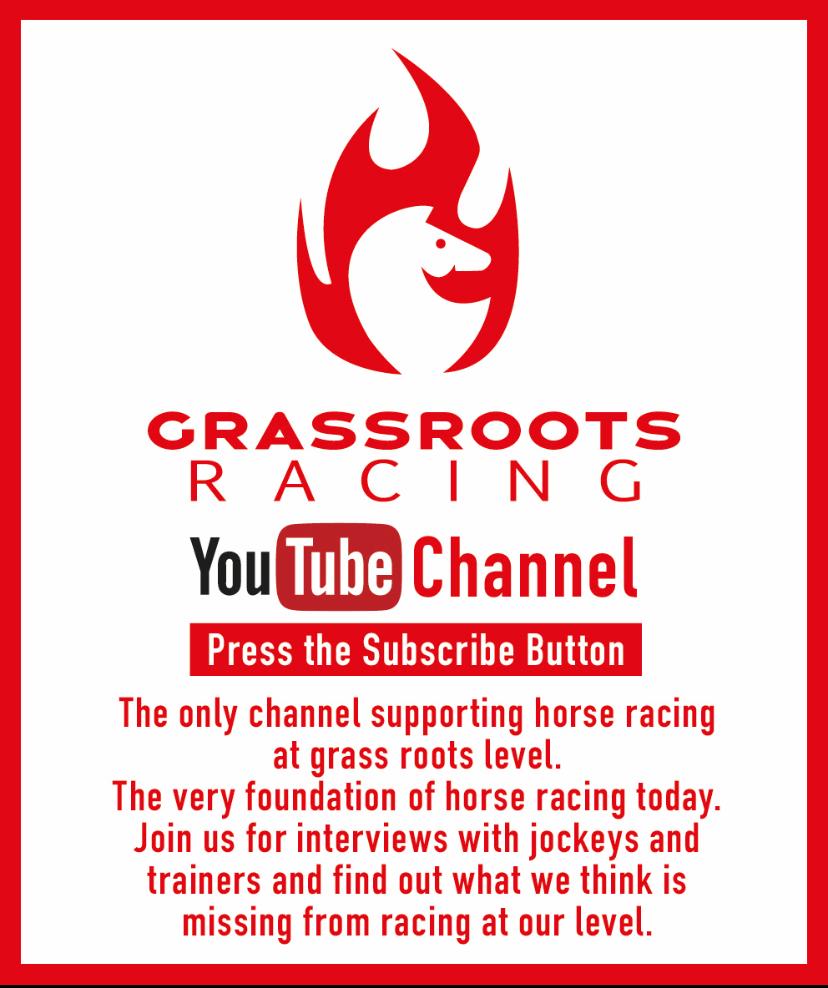
Thomas Savill calls the proposed gambling tax changes “absolutely detrimental” to British horse racing. The Plumpton Racecourse director fears government plans to raise online betting duties from 15% to 21% could destroy an industry that already struggles financially.
Punters who follow today’s horse racing naps understand how betting underpins the sport’s economics. These expert selections, which analyse recent form and track conditions, represent the informed wagering that funds prize money through the levy system. When tax changes make betting less attractive, the effects ripple through every aspect of racing.
Jobs and Communities at Risk
The British Horseracing Authority warns that racing could lose £330 million over five years under these proposals. This would mean 2,752 job losses in year one alone, hitting stable staff, trainers, and hospitality workers across the country.
Yorkshire faces particular hardship, with predictions of £37 million in losses over five years and 342 immediate job cuts. The county hosts nine racecourses, including Doncaster and York, which anchor local economies. Racing represents Britain’s second-largest sport by attendance and revenue.
Rural communities would suffer most. Local pubs, hotels, and restaurants depend on race day crowds for substantial income. Reduced betting turnover means smaller prize funds, fewer owners, and ultimately less competitive racing that attracts fewer spectators.
Industry Fights Back
Racing took unprecedented action on September 10th, cancelling all fixtures for the first time in modern history. Leading jockeys, trainers, and owners marched on Westminster with “Axe The Racing Tax” banners, demanding government recognition of their sport’s unique contributions.
The sport currently supports 85,000 jobs and contributes over £4 billion annually to the economy. Racing officials argue their product deserves different treatment from online casinos because it supports rural employment and Britain’s cultural heritage.
Bookmakers already pay 25% total tax when combining the 15% general betting duty with racing’s 10% levy. Harmonisation would worsen this disadvantage against other gambling products.
Government Response Remains Firm
Treasury Secretary Dan Tomlinson insists no tax increase has been officially announced, calling industry speculation “irresponsible.” He emphasises that on-course betting remains tax-free and claims the consultation merely seeks to level the playing field.
However, racing leaders worry bookmakers will respond to higher taxes by reducing odds, cutting bonuses, and slashing advertising budgets. This would make racing betting less appealing and drive customers toward other products or unlicensed operators.
Economic Reality Bites
Savill suggests targeting online casinos instead, which generate profits without racing’s employment benefits. Pure casino games operate around the clock with minimal staffing, unlike racing, which supports thousands of jobs from breeding farms to racecourse car parks.
The consultation period allows the industry to present its case, but autumn budget decisions loom large. Racing’s survival as a major spectator sport may depend on whether ministers grasp the difference between algorithm-based gambling and a sport that employs farriers, vets, groundsmen, and caterers across Britain’s countryside.
The stakes could not be higher for communities where racing provides both employment and identity. Without government recognition of racing’s unique social value, Britain risks losing a cornerstone of its sporting heritage forever.

















